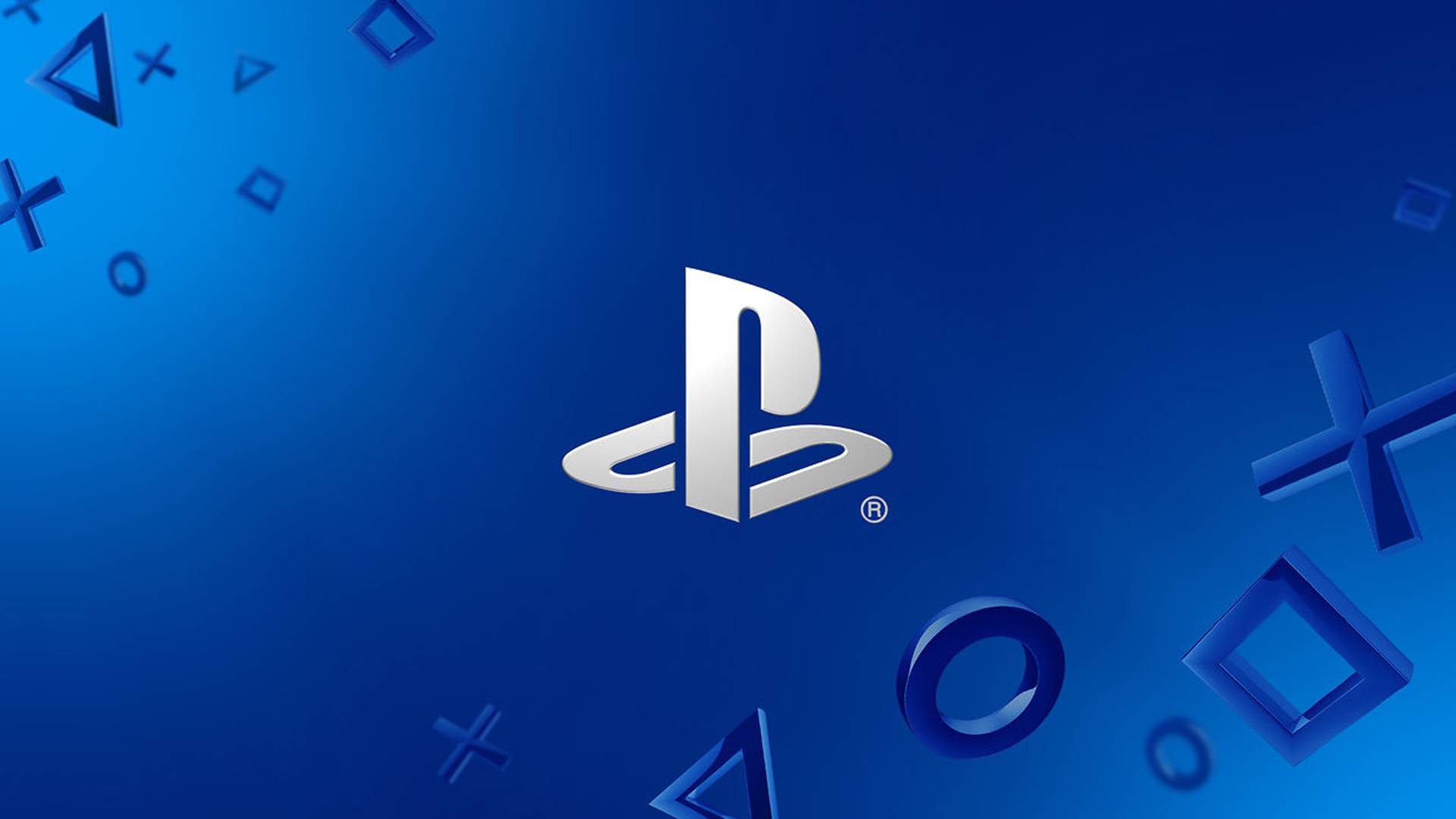The US Copyright Office has officially denied a requested exemption to the Digital Millennium Copyright Act (DMCA) that would have allowed historians and researchers to remotely access video games for research and preservation purposes.
For three years, the Video Game History Foundation has advocated for this exemption, working alongside the Software Preservation Network to underline how important preservation is, and why out-of-print game should be accessible for academic purposes.
The groups jointly argued that those behind libraries and archives of video games should be able to break copy protection of games, for the purposes of making them remotely accessible for researchers of all backgrounds.
This would be in an effort to ensure that video games are preserved well, and remain accessible. Research by the VGHF recently uncovered that around 87% of video games released in the US before 2010 are out of print, and therefore incredibly difficult to find. Yet they remain important pieces of history for their technical relevance, and their cultural cache.
In partnering with the Software Preservation Network to fight back against restrictive DMCA rulings which prevented the sharing of these out-of-print works, the VHGF hoped to allow for “greater access and legal allowances for video game preservation” and to create more support for libraries and archives working to video games history.
Read: Why Australian classification law is so tough on video games
The status quo will remain unchanged, thanks to the US Copyright Office’s recent ruling. It means those wishing to study or analyse out-of-print games, or to archive them, will need to travel to libraries and other institutions to engage with these works in-person. That’s despite media like film and television being widely available to all researchers via digital platforms.
As for the reasons for the ruling, the US Copyright Office claimed in its exemption denial that permitting off-premises access to video games would likely infringe existing copyright protections, and could cause “market harm” due to the market for legacy video games.
The VGHF has pledged to continue fighting to allow video games to be accessible remotely, and to continue raising awareness of the vast preservation issues facing the games industry.
Those members of the industry disappointed by the outcome of the VHGF’s lobbying efforts are encouraged to “ask their leadership to push for greater support for the work of libraries and archives within their industry groups” as the fight for change continues.





